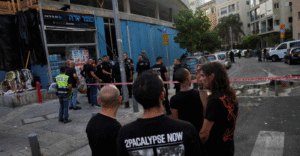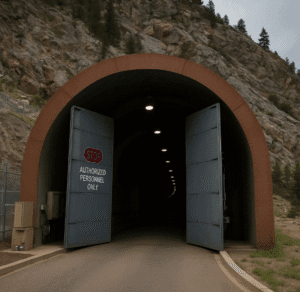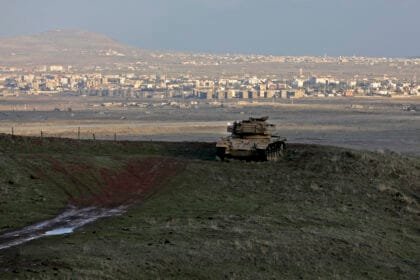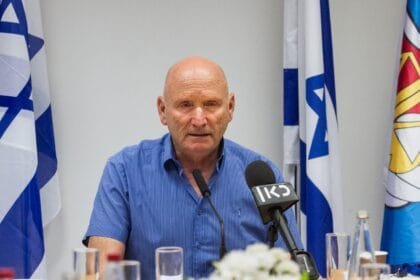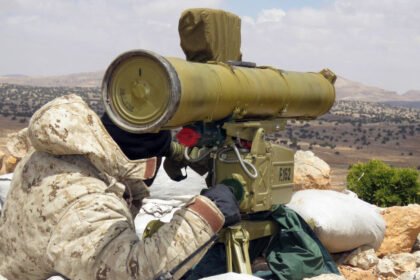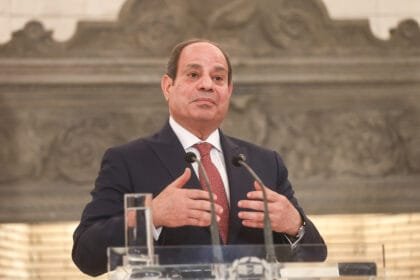Khartoum, Sudan – In an amendment strengthening his grip on the army, Lieutenant General Abdel Fattah Al-Burhan, Commander of the Sudanese Army, appointed a group of new senior officers.
This comes at a time when the army is controlling the central and eastern regions. Meanwhile, they are fighting fierce battles in the west.
The Sudanese army, which controls the government, has been waging a civil war for more than two years with the Rapid Support Forces. These forces were its partners in power.
This war results in the largest humanitarian crisis in the world.
new hires
A day after announcing the retirement of a number of veteran officers, some of whom have gained a degree of fame over the past two years.. Al-Burhan made new appointments to the Joint Chiefs of Staff.
Although he was appointed as the new Inspector General and the new Commander of the Air Force.. But he kept the Chairman of the Joint Chiefs of Staff, Lieutenant General Mohammed Othman Al-Hussein.
Burhan issued another decree placing all other armed groups fighting alongside the army under his control.
This included former rebels in Darfur, Islamist brigades, civilians who joined the war effort, and tribal militias.
Political praise
They said it would prevent the development of other power centers in the army. Moreover, it might prevent the formation of other parallel forces in the future similar to the Rapid Support Forces. Sudanese politicians praised the decision.
The Rapid Support Forces trace their roots back to Arab militias armed by the army in the early 2000s. These militias were armed to fight in Darfur.
It was allowed to develop parallel structures and supply lines.
The changes come a week after Al-Burhan met with the US chief advisor for African affairs, Massad Boulos, in Switzerland.
During the meeting, issues were discussed, including the transition to civilian rule, according to government sources.
The Rapid Support Forces made rapid gains in central Sudan, including the capital, Khartoum. However, the army pushed them west this year.
This led to an escalation in fighting in El Fasher, Darfur.





